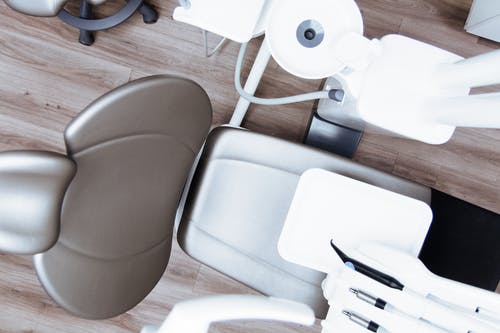One thing people notice about you is your smile. It will also leave an impression. A beautiful smile enhances your appearance and increases confidence and self-esteem. But getting that beautiful smile requires regular dental hygiene and strategies that prevent dental problems.
Insufficient oral hygiene can result in oral health issues like gum disease, tooth decay, and tooth decay that can be painful and severely hinder the quality of life, making eating speaking, eating, and sleeping difficult. In addition, dental problems could require expensive dental treatments or lead to tooth loss. But you can still protect your smile by practicing good oral hygiene and preventative strategies.
Achieving Good Oral Health
This section will give methods for maintaining oral hygiene while avoiding dental issues. Let’s start and learn how to care for our gums and teeth.
Brush and Floss Regularly
Brushing and flossing are fundamental aspects of a healthy mouth. You should brush at least twice daily -ideally after each meal – using fluoride toothpaste. Also, brush your tongue to freshen your breath and remove bacteria. Furthermore, flossing plays the same role, getting rid of food debris beyond your toothbrush’s reach. The minimum amount of flossing should occur at least once a day.
To know more about the different dental care service a dentist offers, you can go to their website or ask their clinic directly.
Use Mouthwash
Mouthwash can be an invaluable component of your dental hygiene routine that can help you freshen up your breath, kill bacteria, and prevent tooth decay. However, alcohol-free brands are the best choice to prevent dry mouth, which can cause dental decay and bad breath.
Chew Sugarless Gum
After eating, chewing sugar-free gum may help prevent cavities by increasing saliva flow – this neutralizes acid and cleanses away food particles that remain. You should look for xylitol gum as it acts as a natural sweetener and prevents bacteria from sticking to your teeth.
Eat a Balanced Diet
Eating well is essential to maintain good oral health. Sugary and acidic food and drinks should be avoided to protect the enamel on teeth and prevent tooth decay. At the same time, fruits, vegetables, and whole grains offer essential nutrients that can promote good gum and dental health.
Drink Plenty of Water
Drinking enough water is not just essential for general health, but it’s crucial to maintain good oral hygiene. Water can help flush out food particles and neutralize acids in your mouth, which reduces your risk of cavities and gum disease.
Visit Your Dentist Regularly
Regular dental exams are vital to maintain good oral health. Your dentist can identify issues early and suggest remedies before them getting worse. Each year, at least twice, visit the dentist at a Hamilton dental office for regular cleanings and professional exams to ensure your smile is in great shape.
Be Mindful of Your Habits
Certain habits can harm your dental health. Smoking tobacco and taking tobacco products, while excessive drinking of alcohol, could increase the risk of developing gum disease and tooth decay. Knowing your habits and making the necessary adjustments can help improve oral health and overall well-being.
To know more about dental hygiene, check the website of a reputable dental hygienist. He can give you hacks on how to care for your teeth.
Conclusion
Dental hygiene and preventive strategies are crucial components of maintaining oral health. Regularly brushing and flossing with mouthwash, chewing sugarless gum and eating a healthy diet, drinking plenty of water, and seeing your dentist on schedule to keep up with effective oral hygiene practices. You can keep an attractive smile for the rest of your life while preventing dental issues. Start making your oral health a priority right now.



